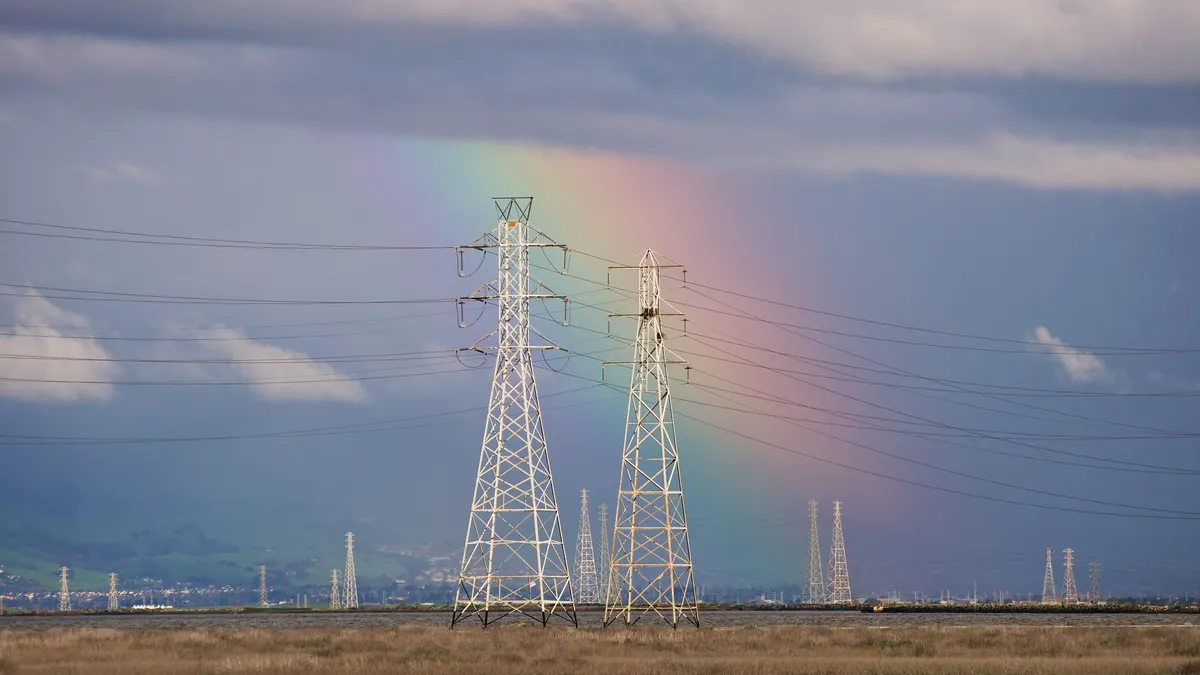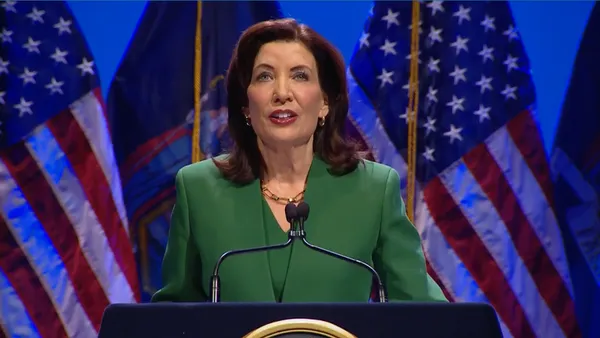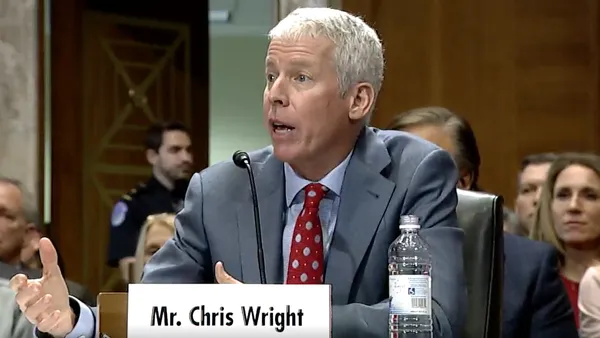Dive Brief:
-
Public Service Electric & Gas has reached an agreement in principle with New Jersey regulators and the state's Rate Counsel that calls for a $69 million extension of its energy efficiency program for hospitals, multifamily housing and other sectors.
-
PSE&G says the agreement with the Board of Public Utilities represents more than 90% of its original request and will bring its investment in energy efficiency to about $400 million.
- PSE&G, in its second quarter earnings call on July 28, said it would spend more on energy efficiency programs if regulators approve the decoupling of distribution revenue from sales volume.
Dive Insight:
Ralph Izzo, CEO of PSE&G’s parent company, did not say on the earnings call how much the utility would spend on energy efficiency, if its decoupling plan is approved, but he told NJ Spotlight, “It would be big.”
Under the energy efficiency agreement, which has yet to be approved, $20 million would be allocated to multifamily housing projects, $25 million to hospitals, $15 million to governments and nonprofits, and $9 million for a new program to install smart thermostats in residences.
The agreement calls for a 9.75% allowed return on equity.
PSE&G’s energy efficiency spending is part of a wider effort in which the utility is seeking approval of a five year program to spend $2.7 billion on modernizing is natural gas delivery system and between $200 million and $300 million to strengthen its distribution system.
As part of that effort, PSE&G is seeking to extend the planning horizon for its infrastructure, stretching the time frame to five years. If successful, PSE&G says the program could result in a compound annual growth in its rate base of 7% to 9%.
In the earnings call, Izzo also said PSE&G was encouraged by recent court decisions in New York and Illinois regarding nuclear subsidies and would continue to work “at all levels,” including at the state, the PJM Interconnection and at the Federal Energy Regulatory Commission, “to just make sure those plants are continuing their operation, that they don't prematurely retire and they do so with economics that is satisfactory to customers and shareholders.”












